HomeNet South Asia (HNSA) was formed after the Kathmandu Declaration on October 20th, 2000. HNSA has a liaison office in New Delhi, India. At present, HNSA represents 62 member organisations with a total of 1.2 million home-based workers from eight South Asian countries, namely Afghanistan, Bangladesh, Bhutan, India, Maldives, Nepal, Pakistan, and Sri Lanka of which 95 percent are women.
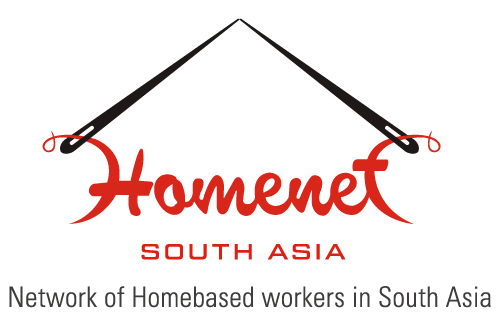
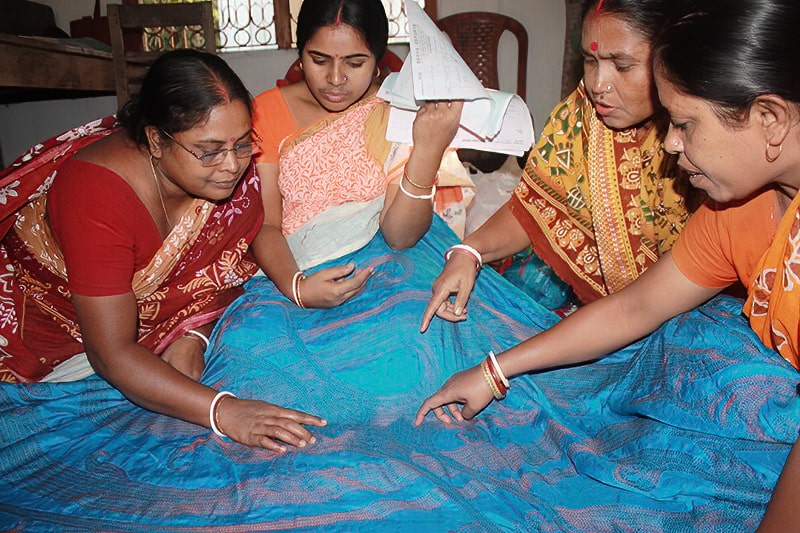
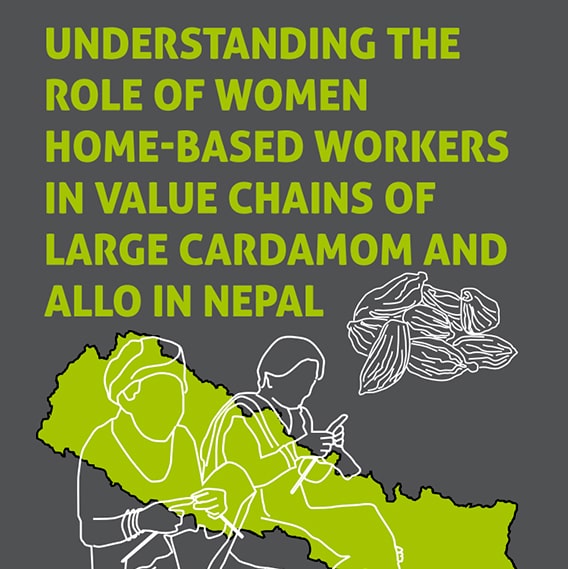
When the United Nations’ Secretary General established the High-Level Panel on Women’s Economic Empowerment, in 2016, the Panel declared that “No Woman Left Behind” would be its first guiding principle.
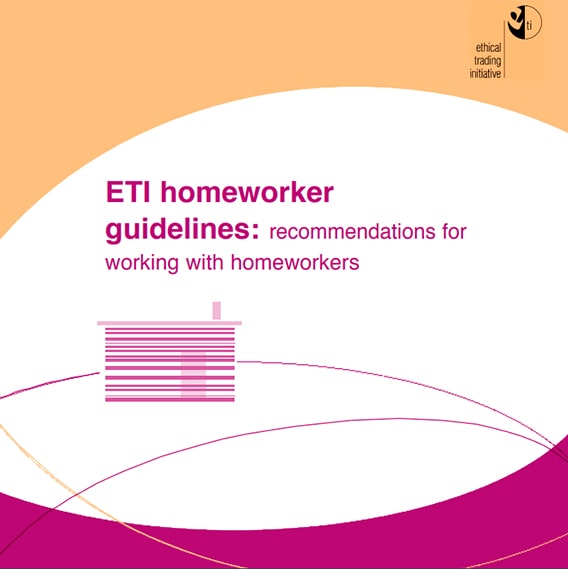
These guidelines present the recommendations and working tools developed by the ETI Homeworkers Project Group for those working within international supply chains that source from homeworkers. They seek to provide guidance on how retailers, suppliers, trade unions (TUs) and nongovernmental organisations (NGOs) can take action to help improve the working conditions of homeworkers. The ultimate aim is to work towards the implementation of internationally agreed labour standards with homeworkers, specifically those of the ETI Base Code.
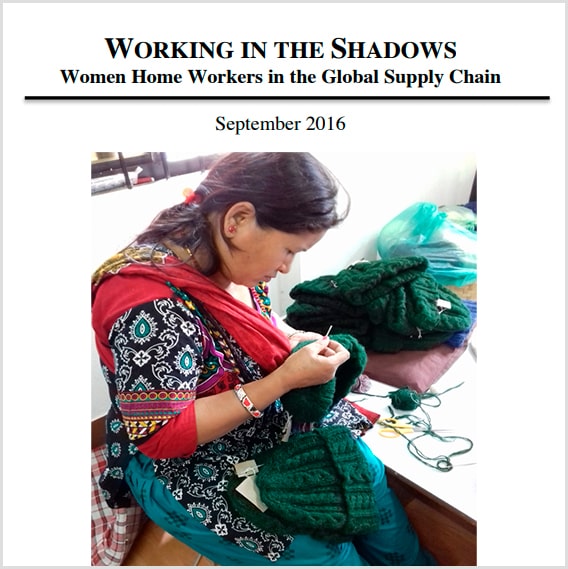
Global supply chains are a key source of economic opportunity in today’s globalized economy. But the quality of and returns from those opportunities depends on how workers and enterprises are inserted into the supply chain. Within the manufacturing global supply chains, one of the ways in which the informal workers have inserted areas industrial out workers for formal suppliers or lead firms, many of whom work from their own homes, called homeworkers.
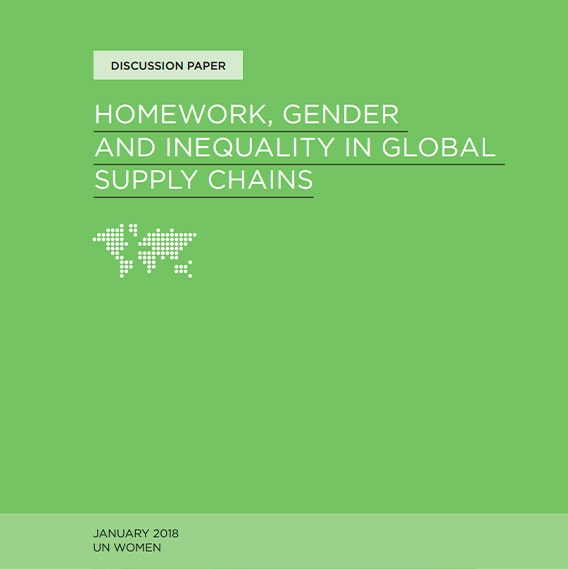
This discussion paper is the result of collaboration between UN Women, Women in Informal Employment: Globalizing and Organizing (WIEGO) and HomeNet South Asia Trust, under the overall supervision of Anuradha Seth, Policy Advisor, UN Women. January 2018

HomeNet South Asia, Regional Coordinator
Email: [email protected]
HomeNet South Asia, Regional Coordinator
Flat-6, 32 Shamnath Marg,
Opposite Vidhan Sabha Metro Station
Civil Lines, New Delhi – 110054, India
Phone No: +977 9801026012

HomeNet South Asia, Regional Coordinator
Afghanistan, Bangladesh, Bhutan, India, Maldives, Nepal, Pakistan, Sri Lanka